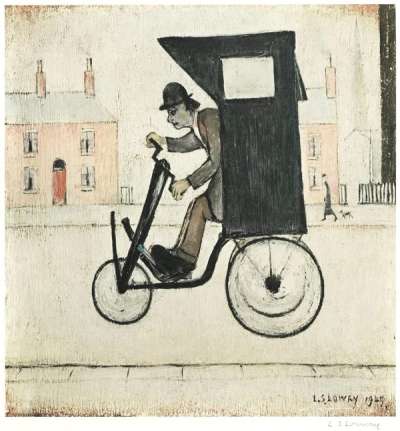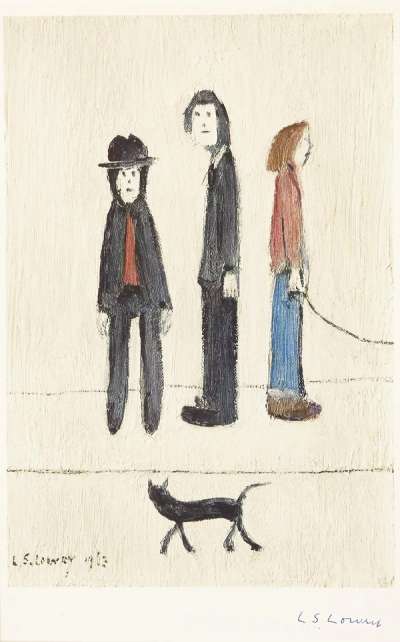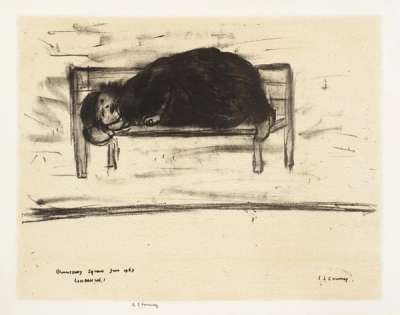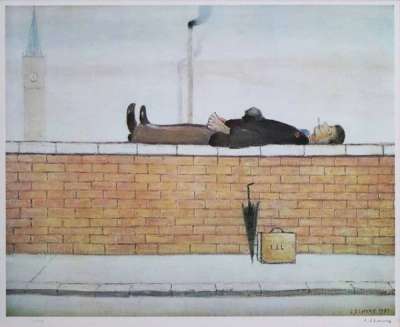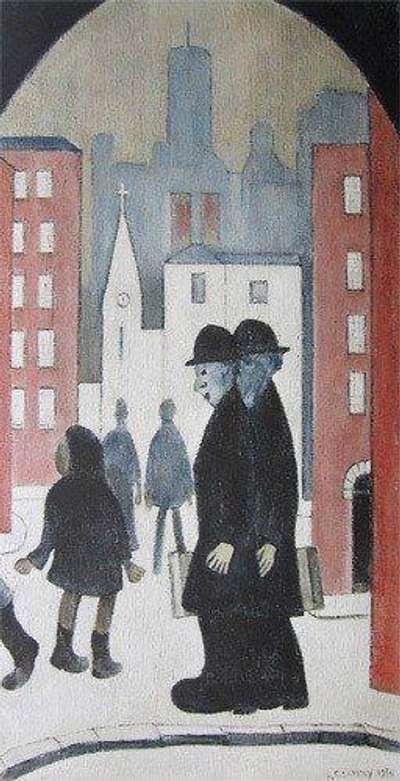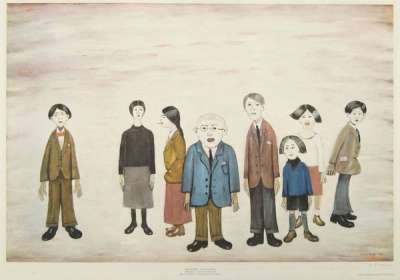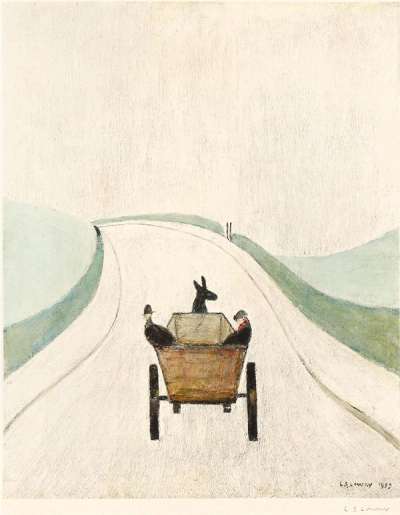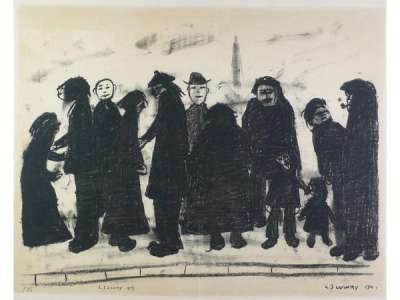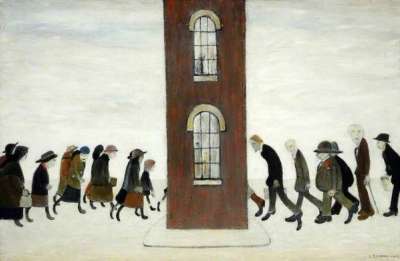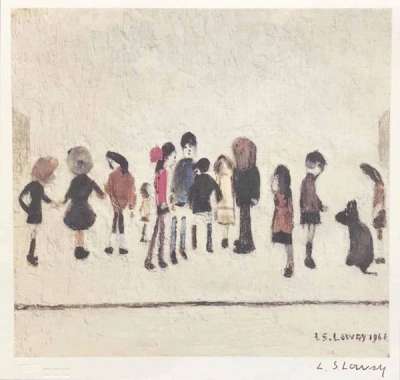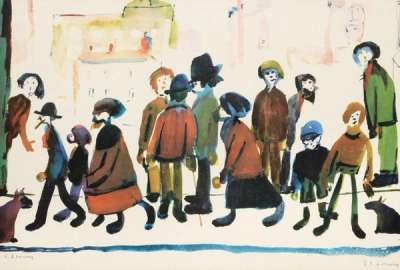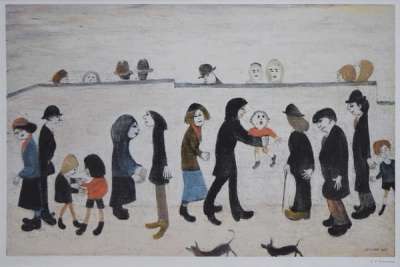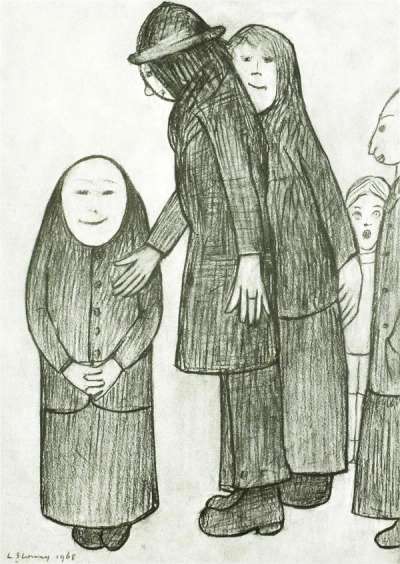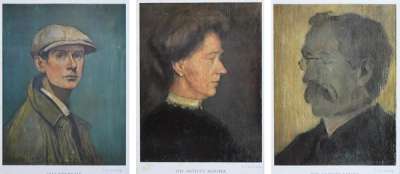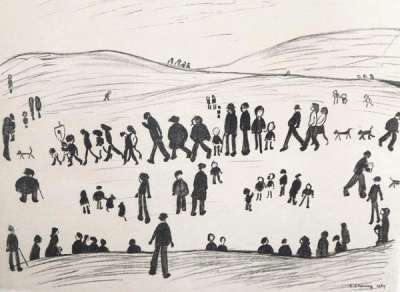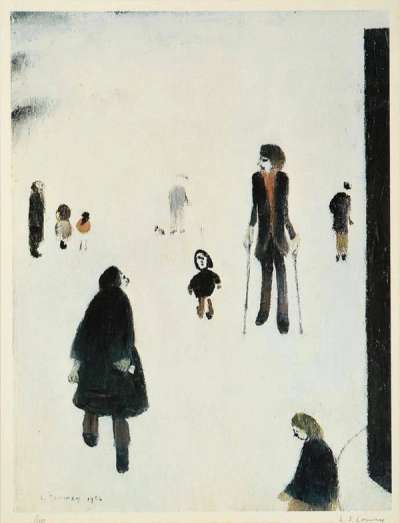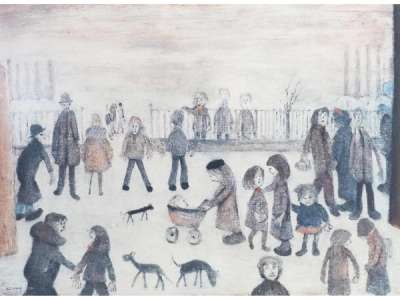
The Family
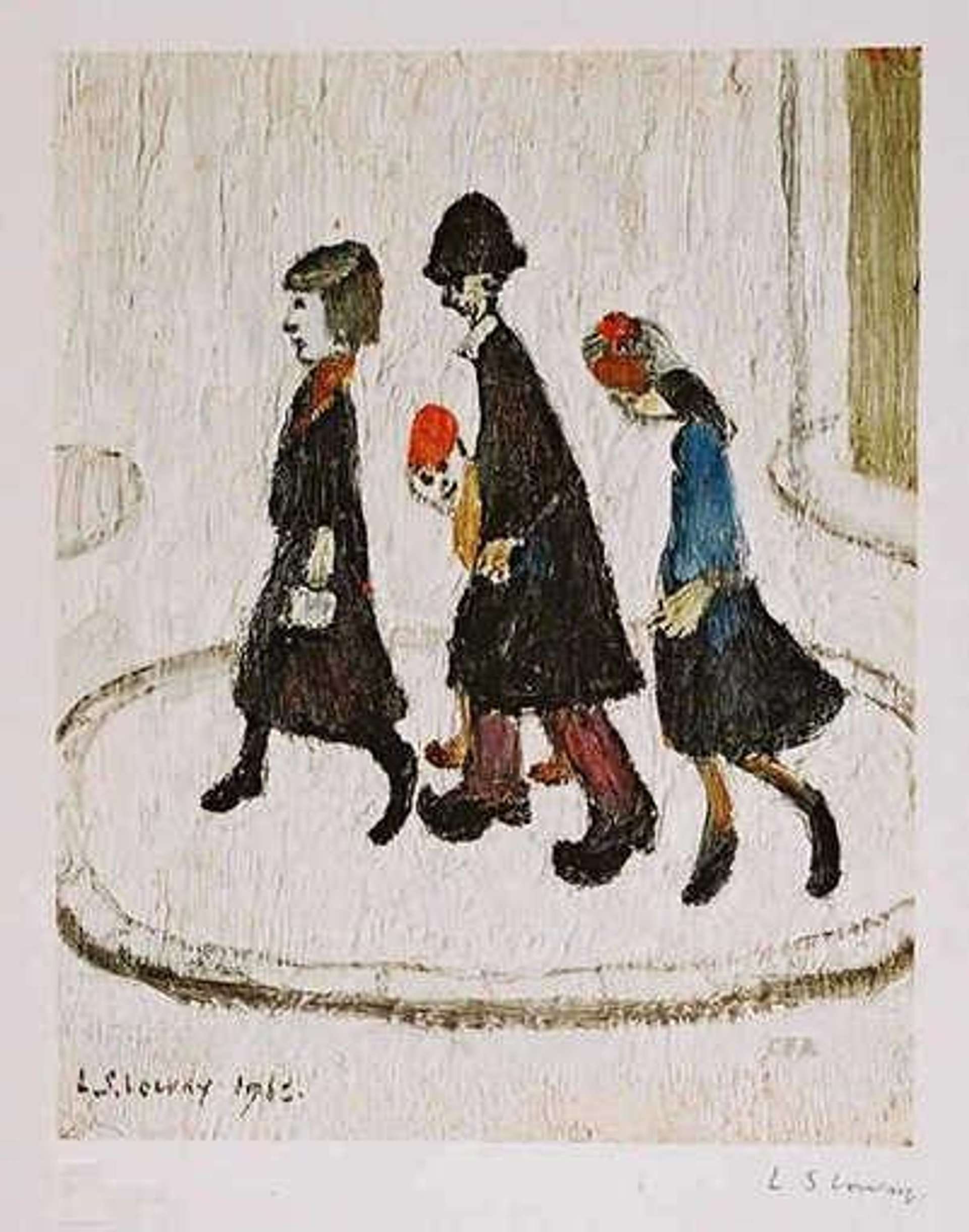
The Family
Signed Print
L S Lowry
£1,950-£2,900
$3,800-$5,500 Value Indicator
$3,350-$5,000 Value Indicator
¥18,000-¥27,000 Value Indicator
€2,300-€3,400 Value Indicator
$19,000-$29,000 Value Indicator
¥370,000-¥550,000 Value Indicator
$2,500-$3,700 Value Indicator
AAGR (5 years) This estimate blends recent public auction records with our own private sale data and network demand.
There aren't enough data points on this work for a comprehensive result. Please speak to a specialist by making an enquiry.
Medium: Lithograph
Edition size: 850
Year: 1970
Size: H 27cm x W 21cm
Signed: Yes
Format: Signed Print
TradingFloor
MyPortfolio
Your collection tracked in real time.
Build your portfolio, manage valuations, view return against your collection and watch works you're looking for.
Track auction value trend
Auction Results
| Auction Date | Auction House | Artwork | Hammer Price | Return to Seller | Buyer Paid |
|---|---|---|---|---|---|
| September 2023 | Wilson55 - United Kingdom | The Family - Signed Print | |||
| August 2023 | David Lay FRICS - United Kingdom | The Family - Signed Print | |||
| August 2023 | Fonsie Mealy Auctioneers - Ireland | The Family - Signed Print | |||
| June 2023 | Rosebery's Fine Art Auctioneers - United Kingdom | The Family - Signed Print | |||
| May 2022 | Mellors & Kirk - United Kingdom | The Family - Signed Print | |||
| July 2018 | Bonhams Knightsbridge - United Kingdom | The Family - Signed Print | |||
| November 2017 | Bonhams Knightsbridge - United Kingdom | The Family - Signed Print |
Meaning & Analysis
The Family is a lithograph by L. S. Lowry showing a family of four figures out on a walk, depicted in the artist’s distinctive style. As with many of the artist’s other paintings, this image shows no shadows cast from the figures and along with Lowry’s use of white paint for the ground and sky, this gives the impression that there is no sunlight in this scene.
Instantly recognisable as Lowry, this print is like a snapshot from one of the artist’s very famous, large industrial landscapes. The composition is tightly cropped and there is very little architectural or landscape setting. Thus, the image focuses more closely on the figures that usually inhabit Lowry’s larger landscapes, their clothing and faces viewed in more detail.
Though not explicitly political, Lowry’s work is distinct in the way it shows images of working class people when they are not at work. Highly stylised, these figures appear melancholic, making clear Lowry’s view on the condition of loneliness experienced as a result of modern industrial life in the city. As a rent collector during the day, the artist had a unique insight into the lives of those who lived in and around Greater Manchester and his sympathetic portrayals are indicative of this.
